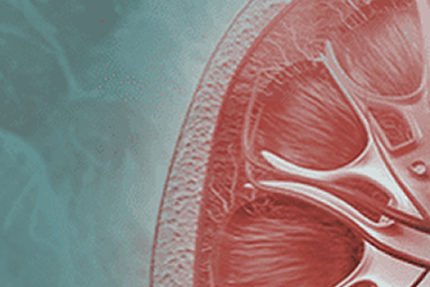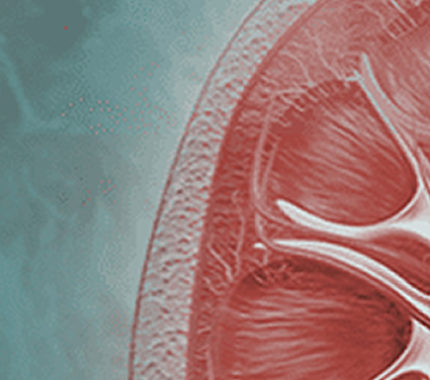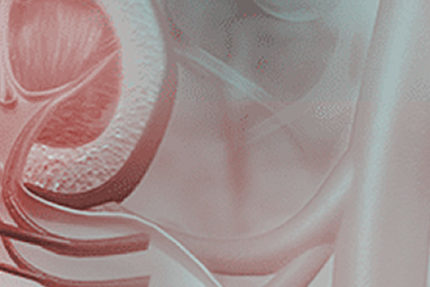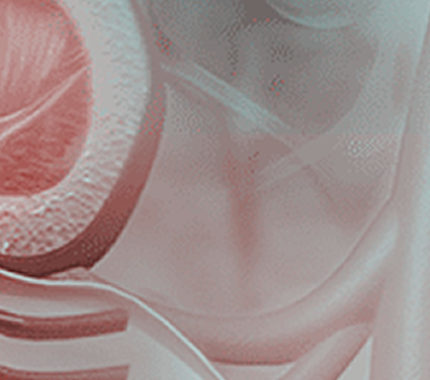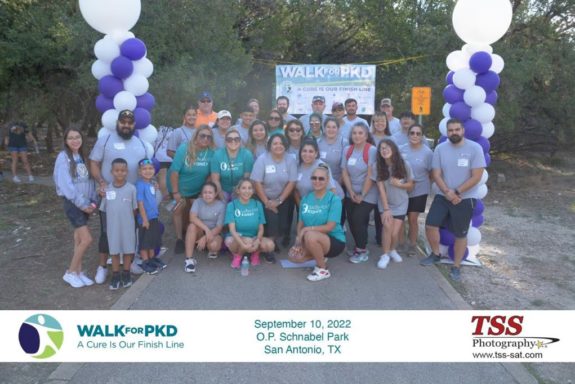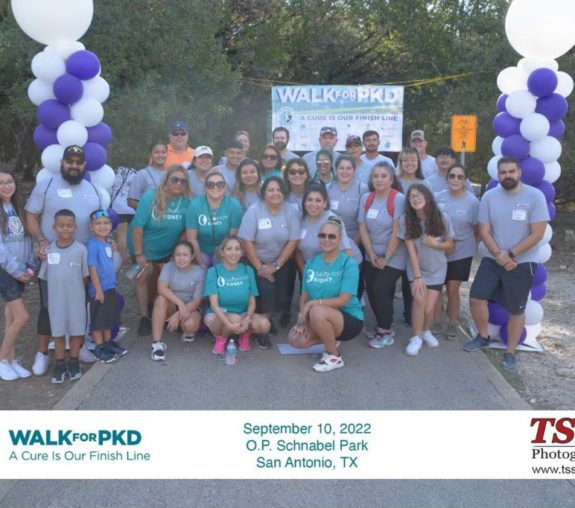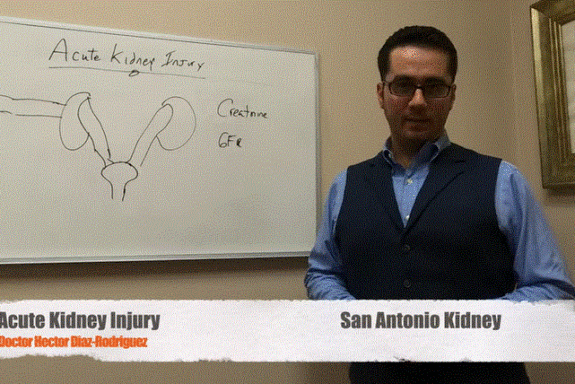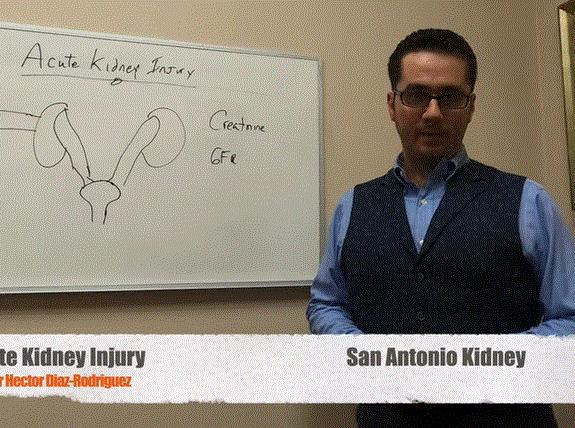
The kidneys are responsible for filtering excess fluid and waste from your blood. To do their job, they depend on healthy blood vessels. When high blood pressure damages these vessels, the nephrons or the filters don’t get the nutrients or oxygen they need to function properly. As a result, your kidneys can become permanently damaged. Untreated high blood pressure can eventually lead to kidney failure.
High blood pressure is the second leading cause of CKD in the United States, in the early stages of both high blood pressure and kidney damage, you may not have any symptoms.
Additionally, healthy kidneys produce a hormone necessary for controlling blood pressure. When kidneys are not functioning well, this mechanism also becomes damaged, resulting in high blood pressure that may be more difficult to control.
Initially, lifestyle changes to control your blood pressure may be useful. These changes include:
- Quitting smoking
- Limiting alcohol intake
- Staying physically active
- Following a heart healthy diet including limiting salt/sodium
- Reducing your stress levels
If these changes alone aren’t effective in controlling your blood pressure, your physician may recommend medications and routine blood pressure monitoring so adjustments can be made to your medications as needed. If you’re dealing with high blood pressure, you may already be at increased risk for kidney damage.
If your kidney function declines further, your physician may perform blood or urine tests to confirm diagnosis and refer you to a kidney doctor or nephrologist. If the high blood pressure has been ignored for years or if it is very difficult to control, it may eventually lead to the need for dialysis or transplant. San Antonio Kidney nephrologists are experts in blood pressure management and will help you with you optimize your blood pressure control to prevent or slow the progression of CKD.

